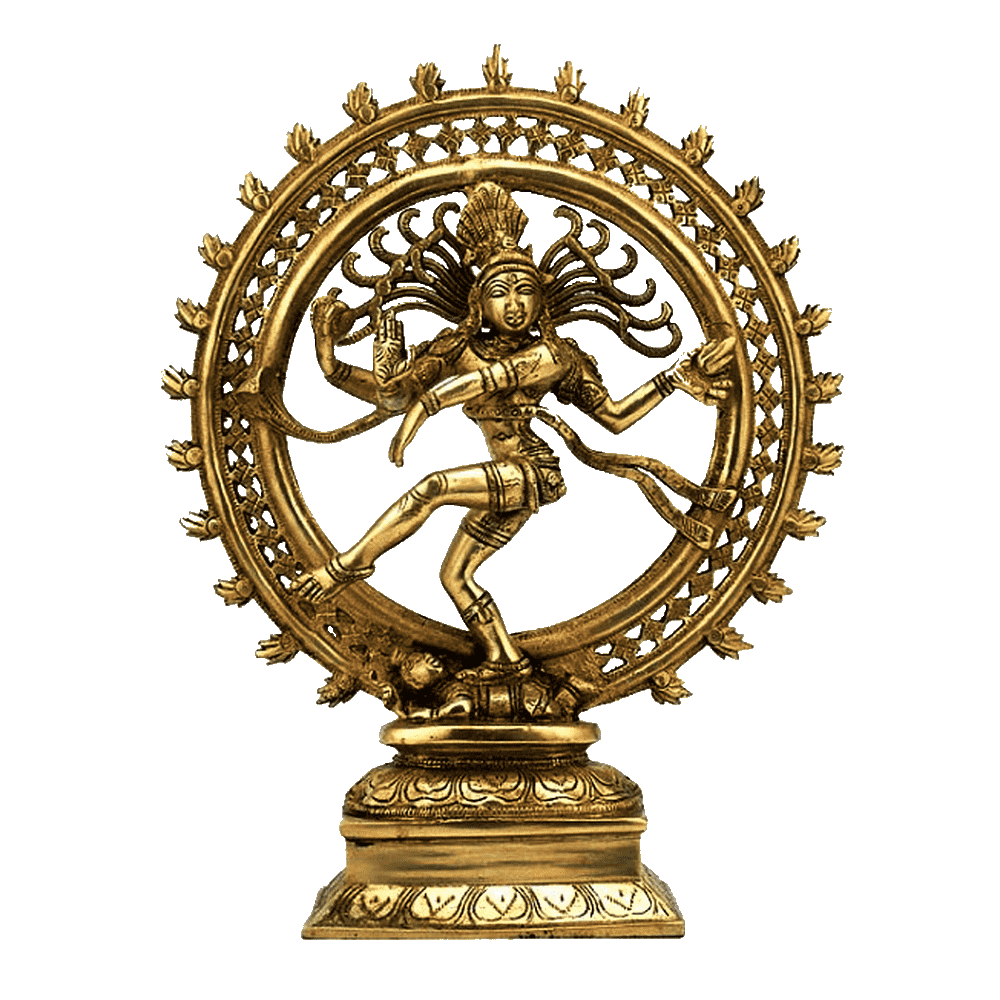
Netragyanarṇava Tantra
This Tantra focuses on the knowledge of the eyes
Introduction:
Netragyanarṇava Tantra, also known as Netra Tantra, is an ancient Tantric text that holds a unique and special place within the realm of spiritual literature. The word “Netragyanarṇava” can be translated as “The Ocean of Knowledge of the Eyes,” and it is aptly named as it delves into the esoteric practices of Trataka, a powerful form of gazing meditation that involves concentrated and fixed gazing.
Origins and Context:
The precise origin and authorship of the Netragyanarṇava Tantra are uncertain, as with many ancient Tantric scriptures. It is considered to have been composed several centuries ago, but the exact date of its origin remains obscure. As with other Tantras, it is believed to have been revealed by Lord Śiva himself and transmitted to the sages through the divine lineage.
Focusing on the Knowledge of the Eyes:
The central theme of Netragyanarṇava Tantra is the knowledge and wisdom that can be accessed through the practice of gazing, commonly known as Trataka. This Tantra recognizes the eyes as powerful instruments that not only perceive the external world but can also be used to explore and access inner dimensions of consciousness and spiritual realms.
Practices of Trataka (Gazing Meditation):
External Trataka:
External Trataka involves fixing the gaze on a physical object, such as a candle flame, a dot, a symbol, or an image of a deity. The practitioner concentrates their vision on the chosen point, without blinking or shifting focus. This steadiness of gaze helps calm the mind and develop single-pointed concentration.
Internal Trataka:
Internal Trataka involves closing the eyes and visualizing the chosen object or symbol within the mind’s eye. This form of Trataka is more advanced and requires a heightened level of inner focus and visualization abilities.
Elemental Trataka:
Elemental Trataka involves gazing at natural elements like water, fire, or the sky, allowing the mind to merge with the elemental qualities and experience a sense of oneness with nature.
Significance and Benefits of Trataka:
Trataka is a potent meditation technique that offers numerous benefits for the practitioner:
Concentration and Focus:
Trataka helps improve concentration, memory, and mental focus. By training the mind to remain fixed on one point, the practitioner can enhance their ability to concentrate on tasks and studies.
Purification of the Mind:
The practice of Trataka purifies the mind by reducing mental chatter and restless thoughts. It creates a state of inner stillness and calmness, promoting mental clarity and emotional balance.
Awakening Intuition:
Trataka is believed to activate the Ajna Chakra (the third eye) and awaken intuitive abilities. As the mind becomes more receptive and attuned, the practitioner may experience insights and heightened intuition.
Inner Transformation:
Trataka is a powerful tool for self-reflection and inner transformation. It allows the practitioner to explore and integrate their subconscious mind, facilitating personal growth and spiritual evolution.
Preparatory Practice for Meditation:
Trataka serves as an excellent preparatory practice for meditation. It helps settle the mind and establish a foundation for deeper meditation experiences.
Conclusion:
Netragyanarṇava Tantra, with its emphasis on Trataka and the knowledge of the eyes, provides seekers with a profound approach to accessing inner wisdom and exploring the depths of consciousness. The practice of Trataka offers numerous psychological, spiritual, and health benefits, making it a valuable tool for personal growth and self-discovery. As with any spiritual practice, approaching Trataka with patience, dedication, and sincerity allows the practitioner to reap the full rewards of this transformative meditation technique.
Editor – Kaalchakra Team
[ Note – Before Concluding anything as a Finale, Please Go through Original Scriptures of Vaidik Literature Written in Sanskrit and Also with Meaning of That time of Language. Because English is a Limited language to Explaining the Deeper Knowledge of Vaidik Kaal. ]
